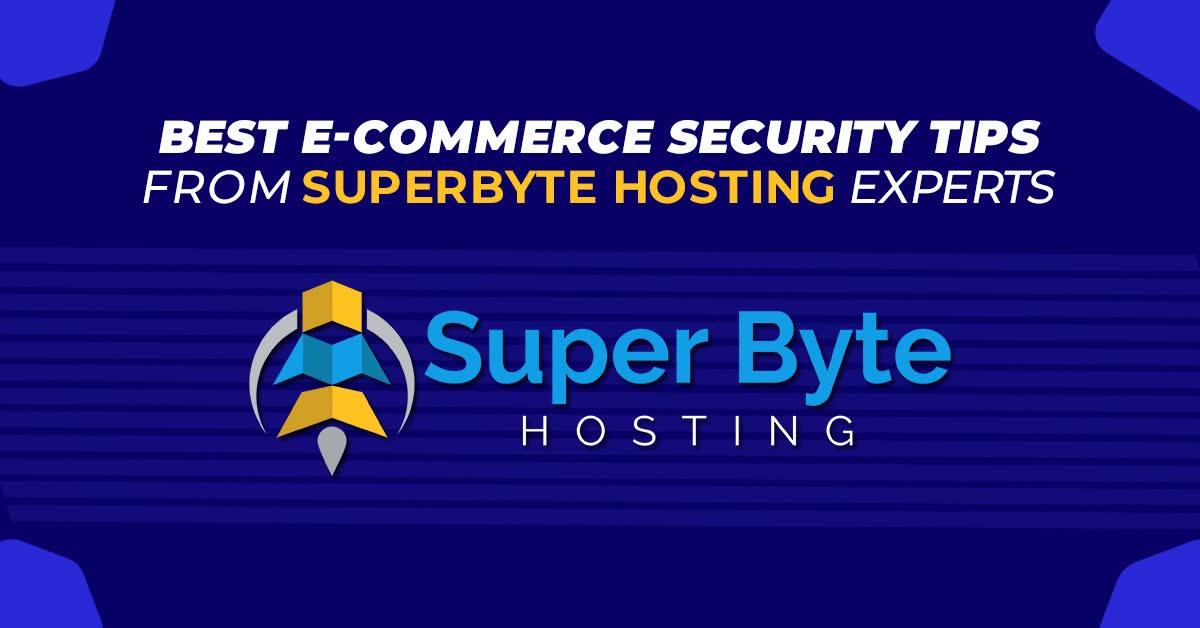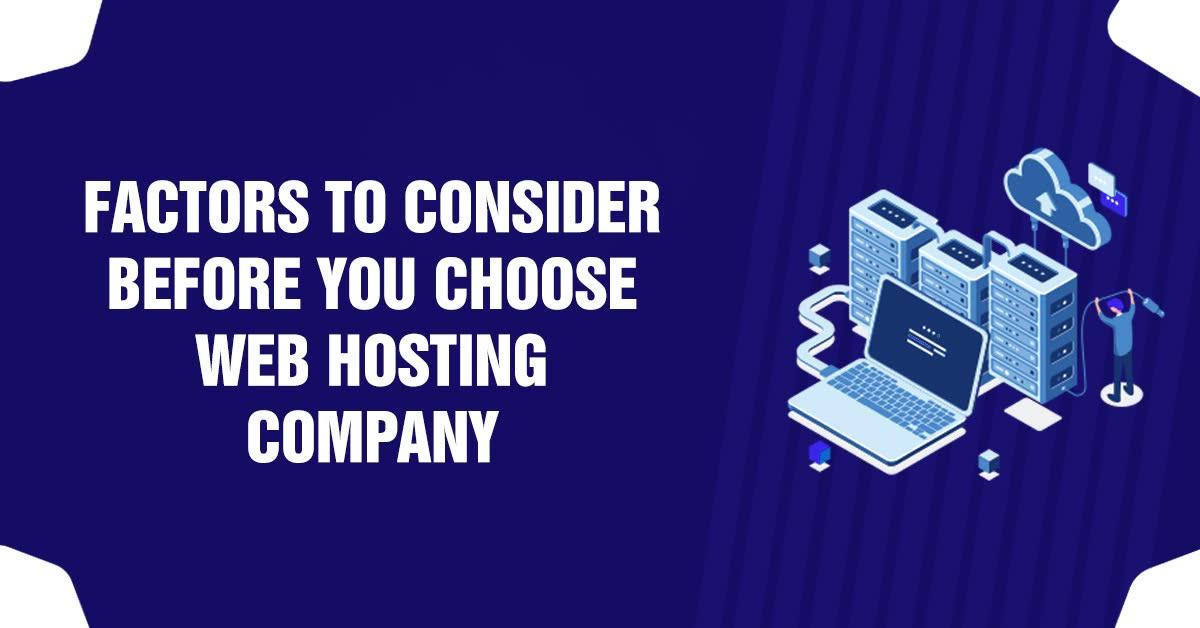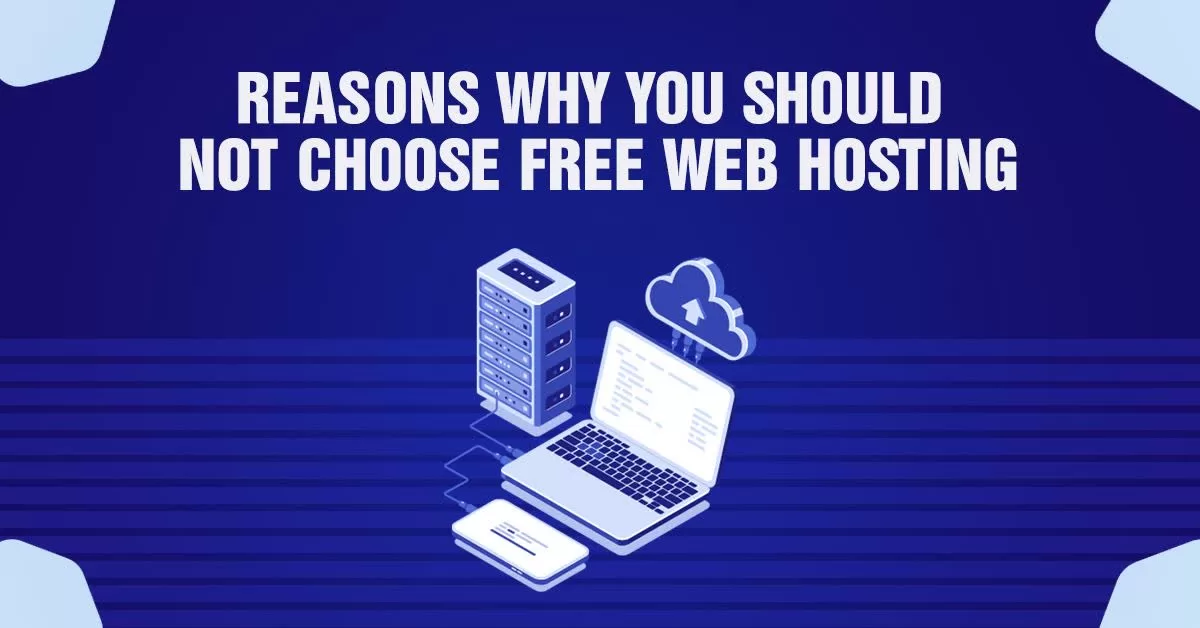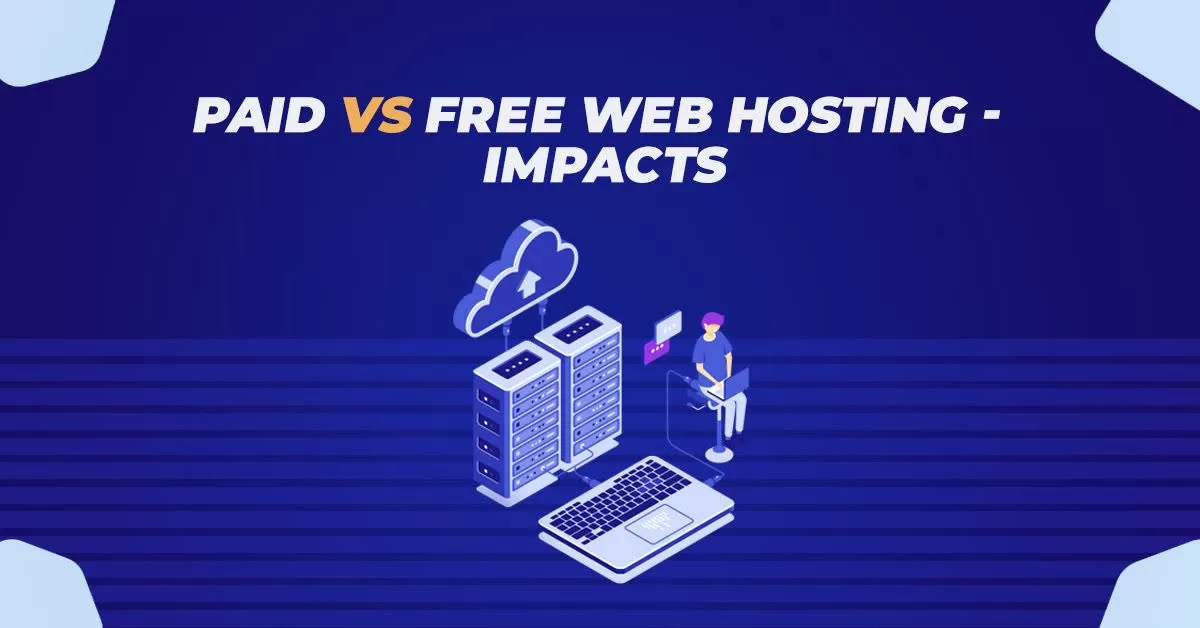Best e-Commerce Security Tips From Super Byte Hosting Experts
There has been more news about security threats online now than ever before. Hackers and scammers have been able to find numerous ways to cheat people and businesses to get their way around the rules online. As a business owner in such a time, your top priority is safeguarding your online store from the countless security attacks that occur every day. Always be on the lookout for these assaults, and make sure your website is set up so that nothing can compromise your security.
E-commerce websites are particularly popular with hackers! Online retailers are the most common victims when it comes to being intruded on and hacked. This is because they have personal information of the clients passing through them. This is particularly true at times of certain seasons such as the holiday shopping season. Reviewing your e-commerce security is time-sensitive right now. Unfortunately, if a hacker manages to obtain credit card data from your online store, it won’t be them who loses out. Customers that are upset will post negative reviews about the business online when they are dissatisfied or inconvenienced.
These have been some of the best security tips for e-commerce sites, specially provided by the experts at SuperByteHosting.
- Keep your passwords updated frequently and make them strong
The human element is frequently cited as the one component which singlehandedly creates the most problem in cyber security. Passwords that aren’t really strong tendency to be the weak spot that hackers often take advantage of. Since everyone is free to create their own passwords, hackers grasp at any opportunity that a user’s password can offer.
Hostile actors out there take advantage of a weak password to access a website.
In fact, this is one of the many tactics that they use for this purpose. Therefore, the second piece of advice offered for e-commerce security has to do with administrative users. They must ensure that they set up strong passwords for accounts and additionally, they must update them frequently as well. All users who have administrative access to your online store MUST create secure passwords and change them frequently.
- Keep your software updated
It is important to emphasize this first e-commerce security measure. It is possible for unscrupulous actors to find security flaws in old and wary plugins and themes and then somehow get a hold of them to mess around with your website. Once inside, hackers may design your site to send holiday shoppers to a fraudulent website where they might be prompted to download malware, for example.
These upgrades frequently include a security update of some kind. Similar to the way that updates on your computer work, there are also locations present on the software of any website where you can check for updates. There’s no point in delaying the update of your own website when you wouldn’t delay updating your computer, phone, or phone app. Just with other software, website software is constantly being updated and enhanced. Sometimes, these modifications are made only to improve usability. These updates frequently also include a security upgrade of some kind.
- Payment Gateway Security
Keeping credit card numbers in your database leads to a huge risk despite the convenience that it provides in making payments. Your brand’s reputation as well as the security of the personal information of your clients are compromised, which is exactly the kind of open invitation that hackers are looking for.
If you experience a security breach and credit card data is stolen, your only option is to shut down your company because the severe penalties will drive you into bankruptcy. Never store credit card information on your servers and ensure high levels of security at the payment gateways.
3) Pick A Reliable Hosting Website
There are numerous hosting companies. Pick the provider with advanced features including backup and automatic update. Additionally, if you’re utilizing a payment gateway like Stripe or PayPal, check that the servers adhere to PCI Compliance standards.
The firewall, which is a piece of software created to safeguard your website by screening requests to your web server, is one of the most crucial. Certain requests are then blocked before they could even reach the server. This is done on the basis of a number of variables.
- Use SSL certificates.
There is a virtual certificate the name of which is SSL (Secure Sockets Layer). This enables the creation of a secure connection between a server and its users. Any website that collects private user data, such as credit card numbers, must comply with this. An SSL certificate is one of the facilities provided by the web hosting company being used by the firm.
With the use of SSL plugins, each request is forwarded to HTTPS (HyperText Transfer Protocol Secure). It is the online protocol for safe online communication and one of the simplest ways to protect your e-commerce business from fraud. Due to certification, HTTPS websites are recognized as being genuine and safe as they open up with the icon of a green lock in the address bar of the internet browser.
- Make a recurring backup
A backup is similar to an insurance policy for your website. Although you hope you never need to use them, you will be happy about the fact that you have them in the first place if the need ever arises. In case things go wrong and you do not possess a safe backup, some of the things you can lose are sales, order data, and consumer trust in the case that your online store shifts to offline mode.
How long of a time would be required to rebuild your website from scratch? Do you realize that this may be your worst nightmare? By selecting hosts that offer help securing backup, such situations can just be prevented in the first place. So, get the best eCommerce hosting for your online store and easily backup your website.
Conclusion
Wherever there is money, thieves will follow. You should be well-versed in the most recent e-commerce security protocols if you’re an online business owner. Precaution is always preferable to cure, as you are aware. An online store is no different in that way. You must make sure that your e-commerce security is a top priority.






































